A family holiday in Sri Lanka turned into a life-long love for this Dutch couple
When Arnoud and his partner Anouk reached a remote Sri Lankan hilltop fringed by over a hundred coconut trees, they knew they’d stumbled across something special. The story sounds like the makings of the next Indiana Jones (untangling the dense jungle with a machete, then riding back on scooters), and it’s continued to be an adventure ever since. Drawing on their Dutch roots, and ever-inspired by the Dutch cosiness concept (known as ‘gezelligheid’’), they built Tabula Rasa Resort & Spa from the ground up as a passion project for their family, friends, and the local community to enjoy together.
What does being ‘independently minded’ as a hotel owner mean to you?
Being independently minded is all about having freedom. I think that larger hotel chains mainly operate by strictly following protocols. As a result, they lose a part of their authenticity, which is precisely the opposite – and where the charm derives – of boutique hotels. Due to the small scale nature of our property, we as management are able to respond faster and are more focused to the wishes and needs of our guests, or changing trends for that matter. I feel that there is also greater involvement among the staff of a boutique hotel, compared to those of a big chain hotel. Employees are more involved in the day-to-day operations with the result that they feel more responsibility and ownership. If all goes well, boutique hotel staff members keep each other sharp, which results in more personalised service. This will always have its effect on the overall experience of guests.
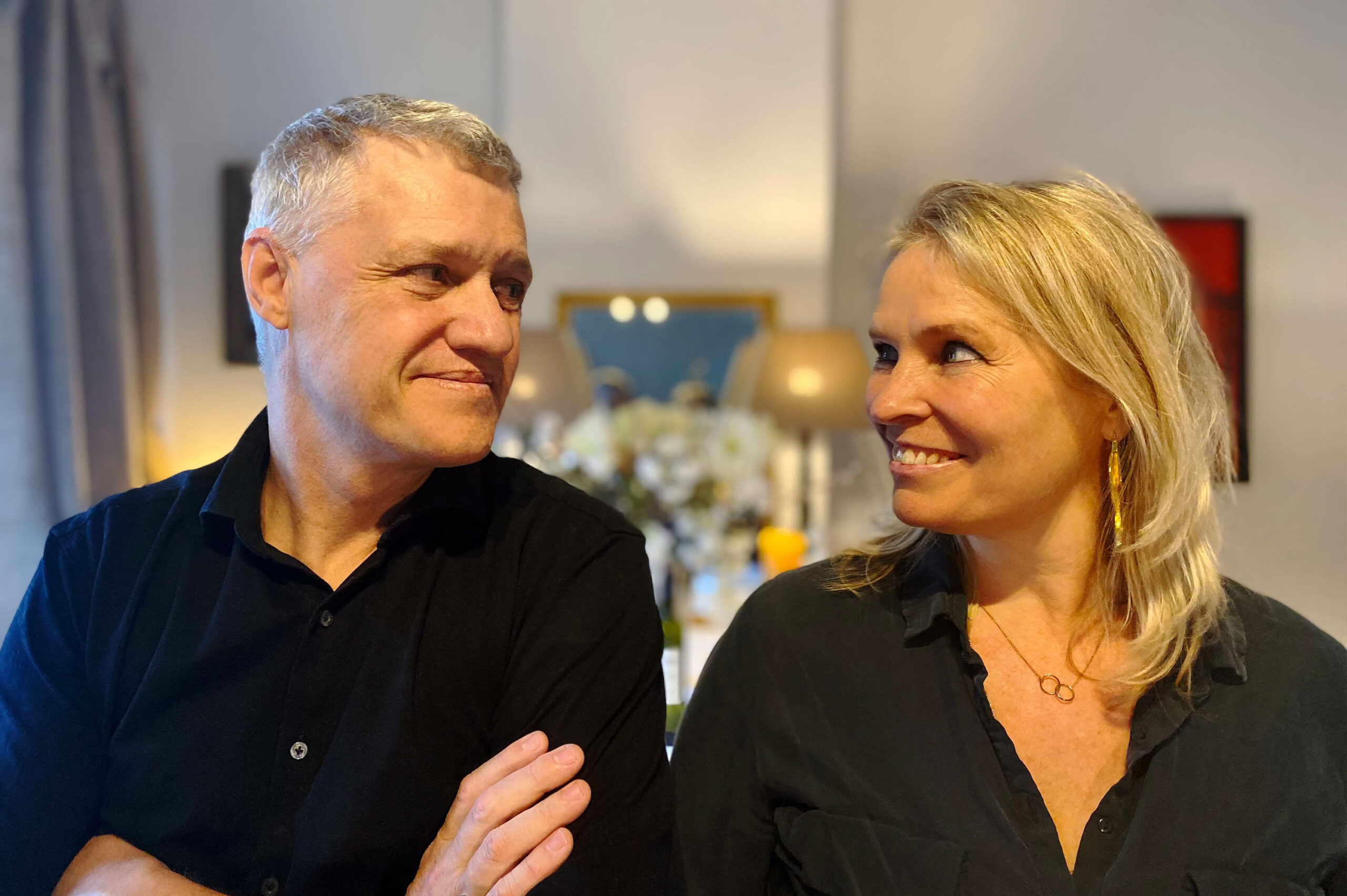
”A customer who regularly buys his steak at the supermarket will have no experience whatsoever. At the local butcher he will be greeted by his name and will be told - during a chat - that the steak can be flavoured even better if sprigs of thyme are added during cooking. This difference in experience is how I feel about the difference between chain and independent hotels.
What was the inspiration behind the hotel, and where do you continue to find sources of inspiration?
We have travelled to many countries all over the world, and have therefore stayed in many hotels. In the earlier days, we travelled on a budget, but when our businesses started to improve we could afford to stay in more luxurious hotels. During our visits, we couldn’t help but discuss what we would do better in terms of interior design, architecture or the concept in general. Since we also enjoyed hosting parties and dinners and always did our best to make the event special, friends and family sometimes joked that we should start our own hotel. I had already considered this myself several times, and had even worked on a concept once. At the time, we lived in the South of France, 20 minutes from Cannes, and if you want to start something of a hotel there – let alone a resort – you need inexhaustible funds. So that was not an option. But the dream and wish always stuck somewhere in my head.
Years later, we travelled through Asia with our three children for six months and also visited Sri Lanka during that trip. We immediately fell for the charm and natural beauty of this island and decided to stay here for a while. I picked up my work as project developer and bought an old English colonial villa that was about to collapse, which we transformed into a luxury villa.
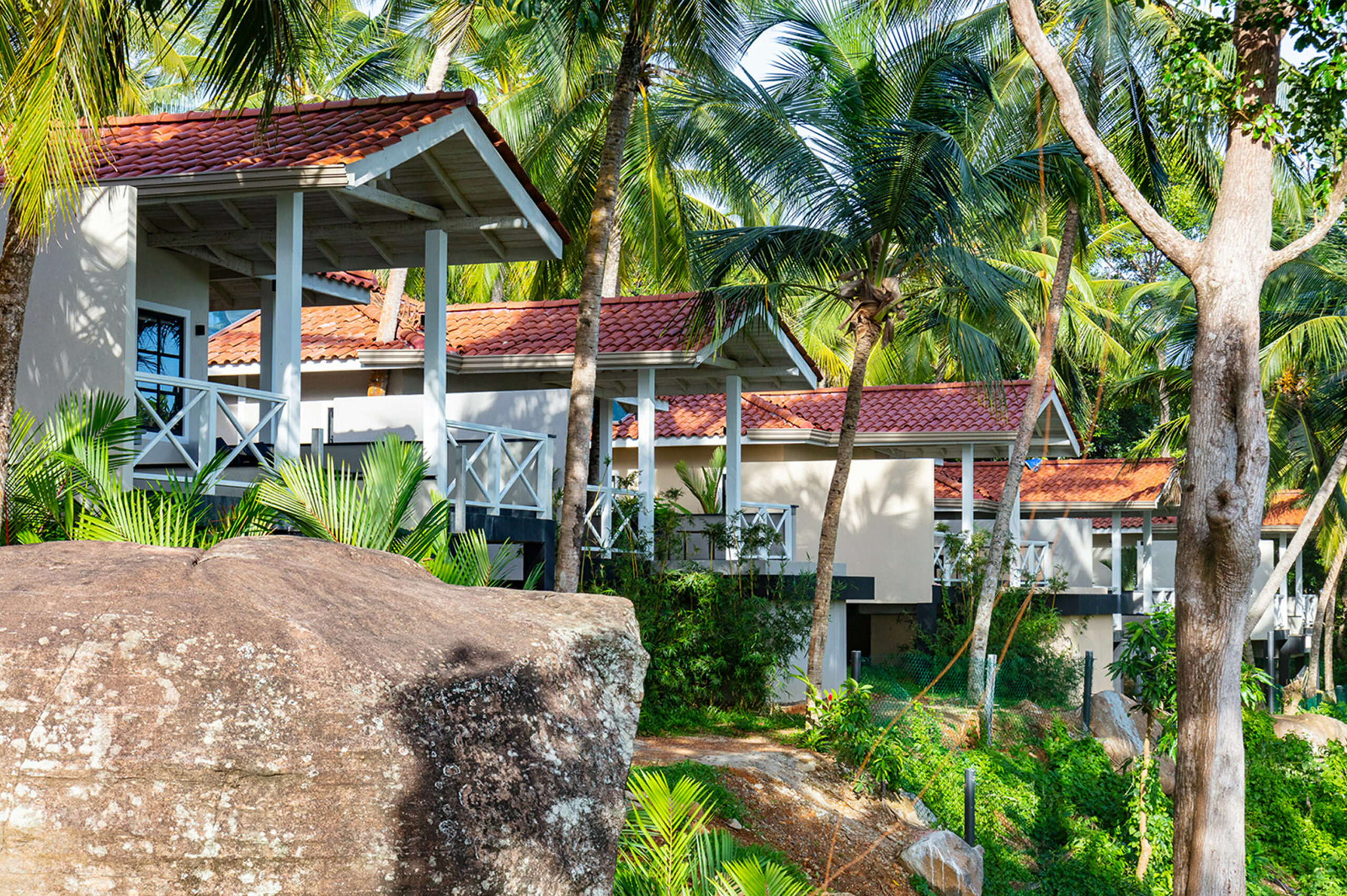
One day, we were looking for a new location to build some villas when we were offered a piece of land on a hill. We couldn’t actually set foot on the land because the jungle was too dense. After we bought a machete from a local shop, we made our way through the jungle – and when we reached the edge of the plot, we were struck by the incredible views of the jungle, the nearby lake and the Indian Ocean.
Before we made it back to our scooters it was decided that this was not the land on which we were going to build two or three villas, but that instead my long-cherished dream of building a resort would come alive right here. This piece of land was calling to me.
We created the concept, made a plan, sold everything, looked for investors, and found a local bank willing to credit the missing part of the proposed budget. Eight months later, we started the construction of Tabula Rasa Resort & Spa.
How do you think your hotel stands apart from other boutique hotels?
In all honesty, I think because we are all part of the SLH family, we share the same DNA. The form will differ per accommodation, but the content will be offered in the same way; warm, involved, special and personal. Mostly in exceptional locations. That is ultimately what binds us and why a certain type of traveller will continue to visit our accommodations all over the world. You can argue about taste and that is why one guest feels more attracted and at home with one SLH hotel compared to another, but that is personal for everyone.
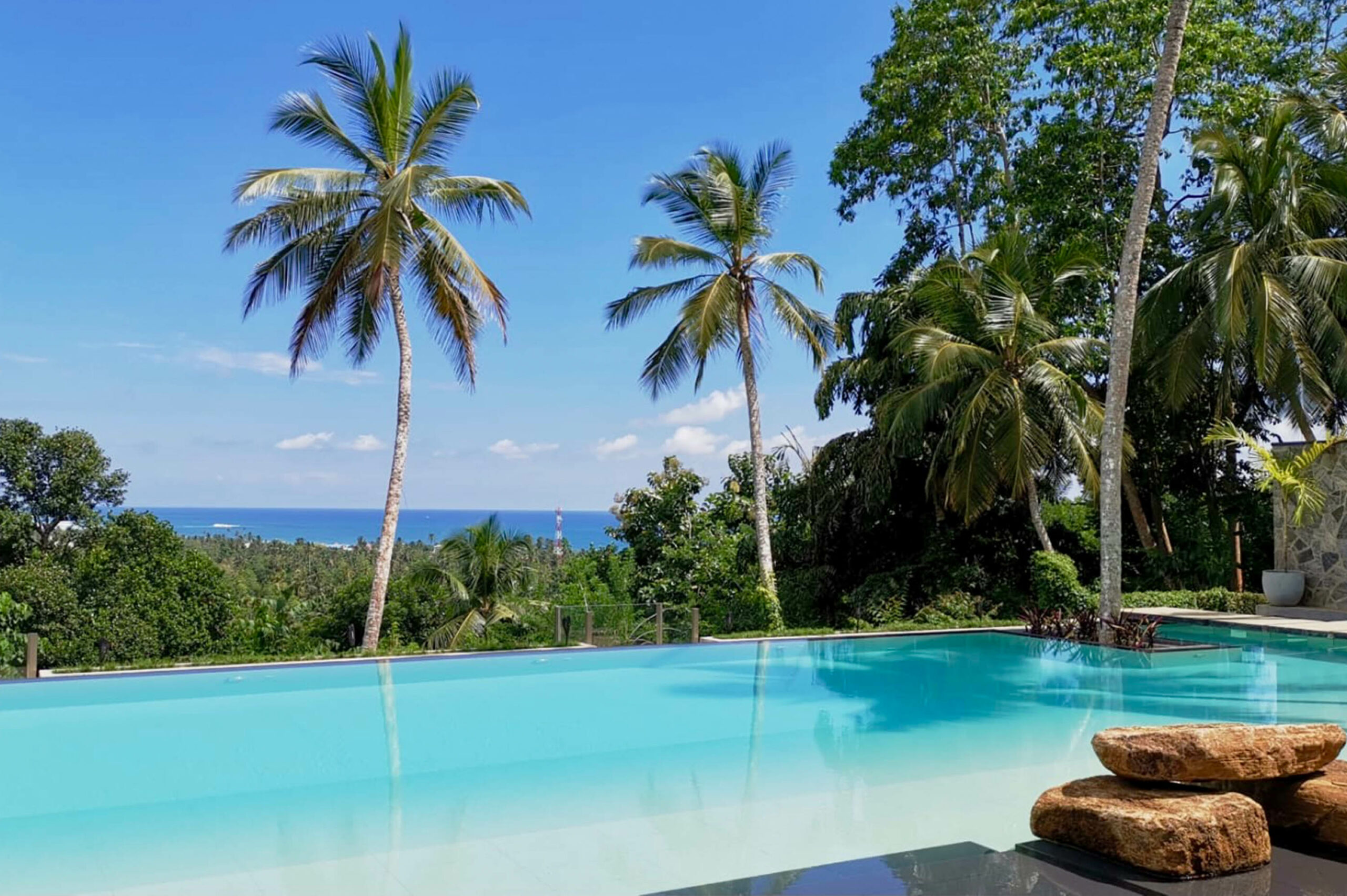
If you only had 24 hours to get a taste for your hotel experience, what would you recommend a guest must do?
Start the day with yoga or enjoy the incredible early sunrise above the ocean from our Sky Deck. After breakfast, go for a swim. Around 11am we would take our guests to the nearby landing strip (just 10-minutes away) and take-off in a private plane. After the first five minutes in-flight above the coastline and the ocean, you might spot whales swimming below. On your way back, we’d do a small fly-by over Tabula Rasa, followed by a delicious lunch at the resort. Towards the end of the afternoon, indulge in a massage and a herbal bath. Then it’s time for dinner in our restaurant. Although we offer various Western dishes, I think you should try our home-made Sri Lankan curry, which is one of our chef’s specialities.
If your eyes don’t slowly start to close then you can enjoy a delicious cup of Sri Lankan coffee in the lounge bar, or have it brought to your room and drink it on your own terrace while watching the lights of hundreds of fishing boats dancing on the ocean under a sky of stars. We think this comes pretty close to a perfect day at our resort.
How would you describe your own perfect luxury experience?
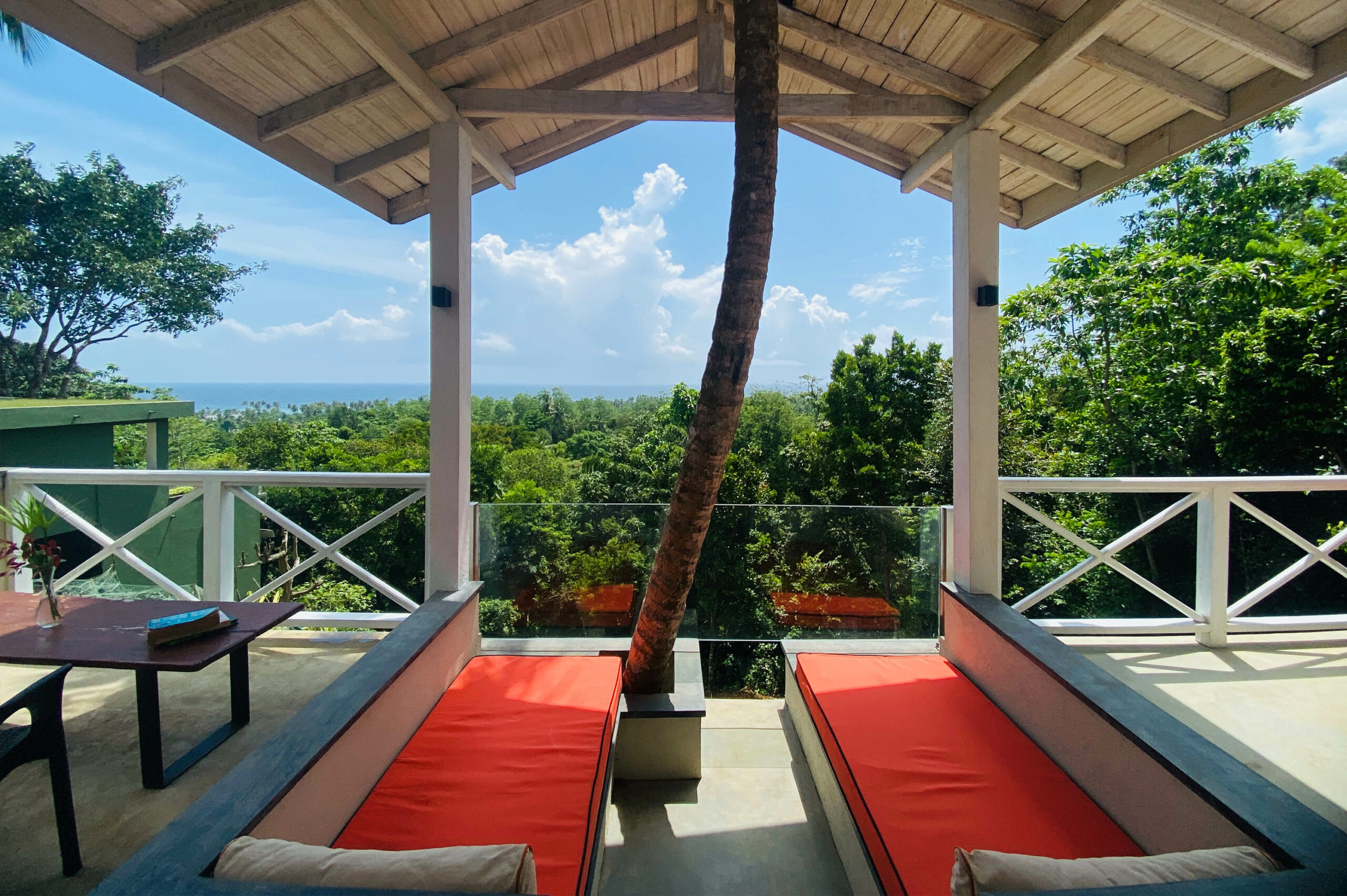
”Experiencing luxury comes in many guises, and it doesn't always have to manifest itself in marble floors and Michelin-starred dinners.
When a three-star hotel has nice clean room and serves me a beautifully-made plate by friendly staff, then I also see that as a form of luxury. Friendliness and helpfulness should be a matter of course, but this is often lacking at five-star resorts and hotels. As a guest you immediately feel whether a smile or attention from staff is genuine or not. If people sincerely do their best to make your stay as pleasant as possible, this is luxurious to me.
Do you have a vision for the future of the hotel?
The travel industry has had some serious setbacks in recent years, from which most of us are still recovering. Much of the pre-COVID projects we had started were stopped for obvious reasons. We had planned to set up an awareness programme together with the local government about how we should deal with waste. (Unfortunately, most waste in Sri Lanka is still burned in backyards). Together with two other hotels, we had started separating waste, and the municipality would process this further – so we are looking forward to restarting this project. It’s really positive seeing that the local community is approaching this with an open mind too.
In addition to sustainability installations such as solar panels, rainwater collections to irrigate the gardens, and drawing water from our own well – which we incorporated during construction – we only use eco-friendly packaging in-rooms such as glass or recycled paper. To make sure we support local businesses, we mainly work with local craftsmen, and 80% of our fresh food comes from local farmers and fisherman. I think it really works in two directions, and is a win-win situation for everyone.
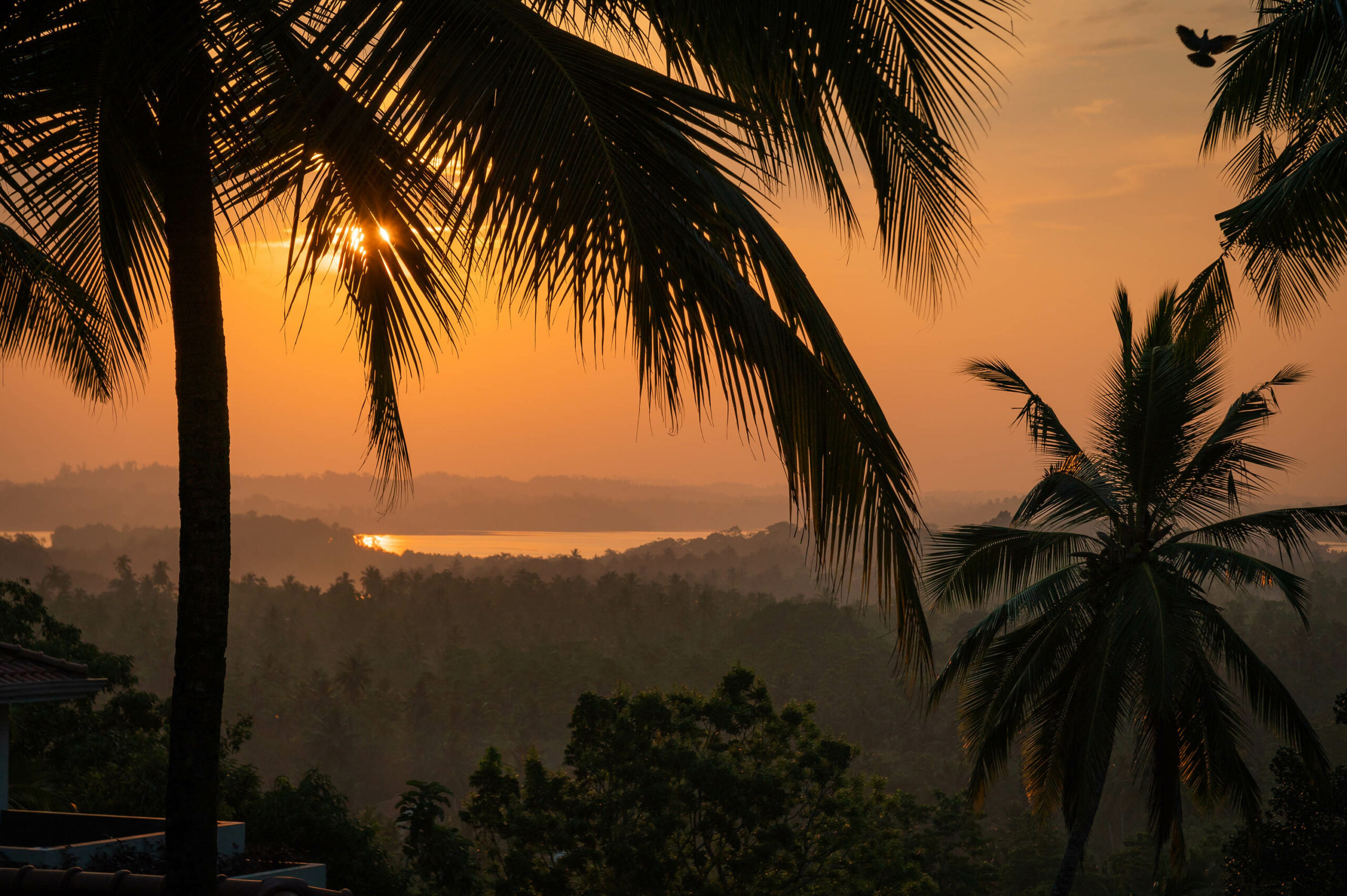
We will also receive our first electric tuk-tuk this October, and hope to set an example for local tuk-tuk drivers to follow on a greener path.